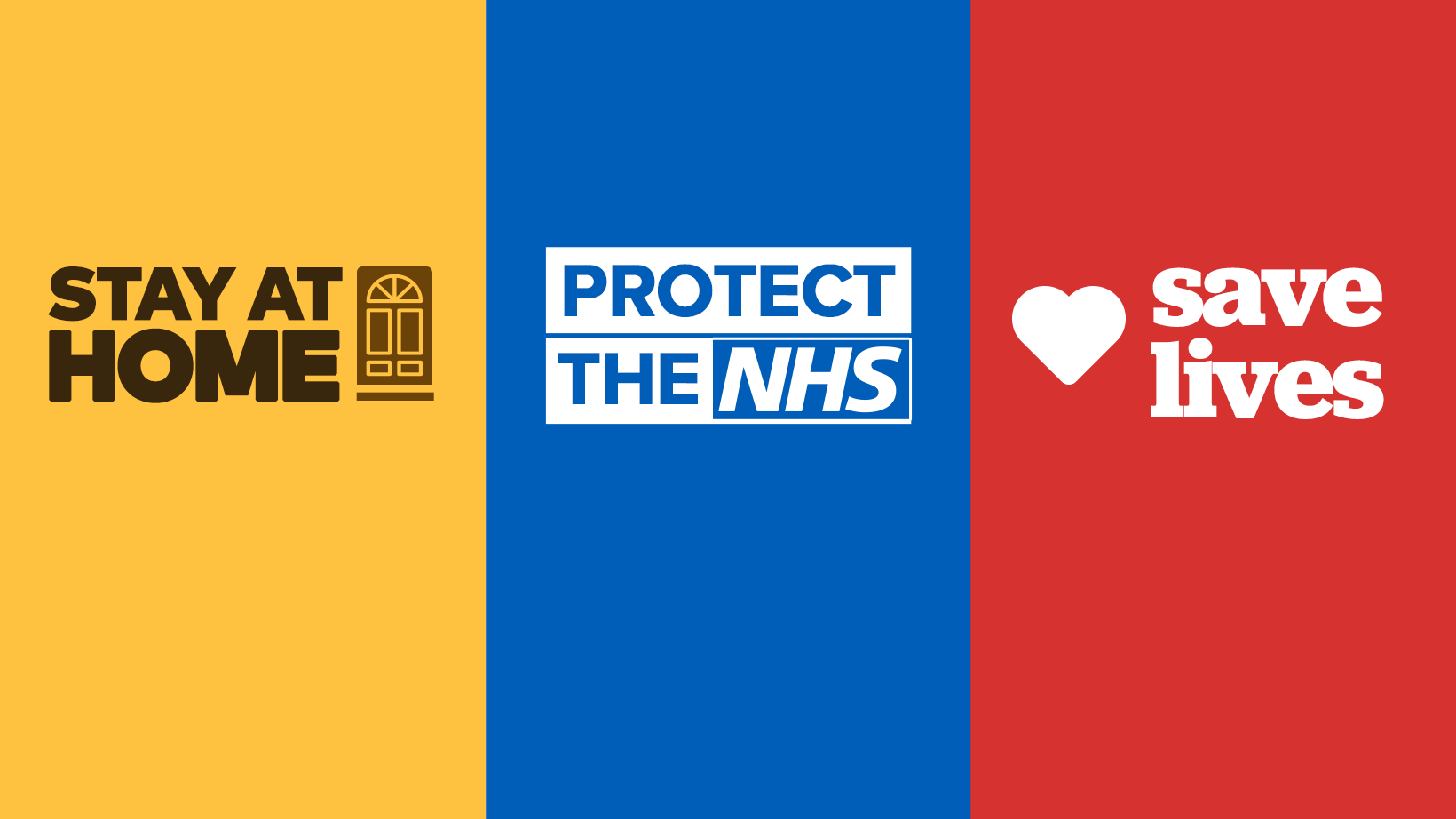By Johnny Luk
The health, social and economic progress of millions of people is being held hostage by the current Coronavirus pandemic. Countries and cities are in various stages of containment. Some, seemingly, are beginning to open up, whilst others, including much of Europe, North America, and our own city of London, are in near full lockdown, but all are reeling from its impact. No one is truly spared.
Regardless of the mandatory social distancing measures and copious handwashing - there is only one true way to resolve this health crisis and restart the world's economy, and that's to have an effective treatment against the disease, either through a new or adapted drug, or a vaccine to convey immunity.
The globe's top research labs and pharmaceutical companies are in a race to deliver a workable treatment, with over 40 separate studies currently taking place. Drug discovery and vaccine creation would normally take years. But, as we have already seen, when there is sufficient focus, when data is shared transparently, coupled with imagination and the latest technology and resources – then the pace of innovation can reach breakneck speed, with some research centres already entering the early trial phase within just a few months.
The reward is clear, the team that cracks this will be responsible for saving countless lives, and if done quickly, dodge a global depression, thus preserving entire industries and millions of livelihoods, surely worthy of any Nobel Prize. But when that moment comes, it will also present a fundamental test of our humanity.
The discoverer and the country that administers it, will, for a brief second, have unimaginable power. Questions will be asked, how will we distribute it, who gets first dibs, who, if anyone, will own the patent? Many countries are thinking about these big questions already.
The moral thing to do, the path which I believe Londoners would take if we were in this fortunate position, would be to immediately share the formula - open-sourced, with no strings attached, to every country regulator out there, so they can make their own independent judgments, and enable each respective industry to mass-produce the vaccine, starting with those who are most vulnerable.
Independent pharmaceutical companies, both keen to help save lives, but also with one eye on shareholders, might be tempted to hang on to the patents and take advantage of any monopoly if they own any successful research. But they will do so at their own peril. The public is in no mood to follow commercial norms, and they, through their elected Governments, would pass whatever law and break whatever patent clause necessary for the sake of public health. That is the right thing to do.
No vaccine manufacturer should make a profit on this or hold anyone else to ransom, and that extends to the Nation States too. Wealthier countries must support nations that do not have the capacity to manufacture or distribute treatments, recognising the particular challenge in unstable regions, where multinational bodies will need a role in medical distribution to avoid factions using it as a tool to seize political power. Ultimately, the sooner we defeat this virus, the more lives we save and the faster we can drive confidence back into the economy, and that will benefit us all.
So, when that discovery comes, the respective country, at the peak of its soft power, will have a big responsibility, and a choice. If done right, by helping the world recover without strings attached and transparently working together, they would be rightly praised. Done badly, perhaps through the temptation of rationing to their own citizens or putting tough political and financial terms on international distribution and intellectual property, and they, and we as a species would have failed both the practical and moral test of humanity.
Follow Johnny’s Twitter


